IEA: global CO2 emissions rebounded to their highest level in history in 2021; largely driven by China
Green Car Congress
MARCH 9, 2022
billion tonnes, their highest ever level, as the world economy rebounded strongly from the COVID-19 crisis and relied heavily on coal to power that growth, according to new IEA analysis. China was the only major economy to experience economic growth in both 2020 and 2021. billion tonnes. billion tonnes.

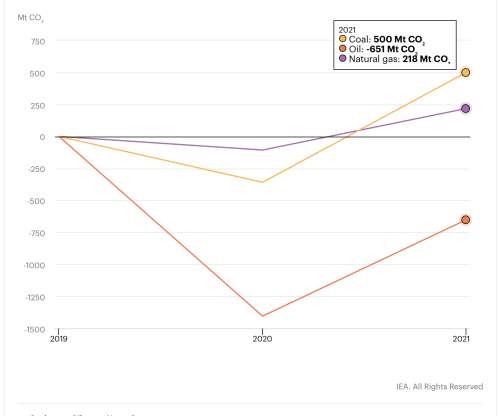

















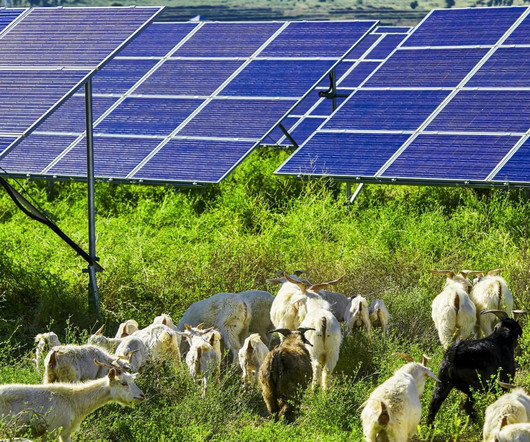





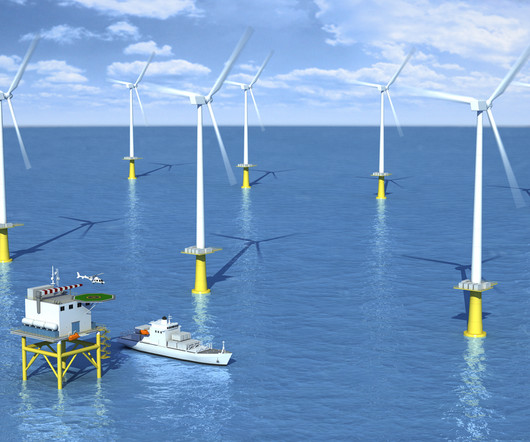


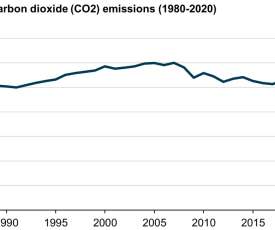



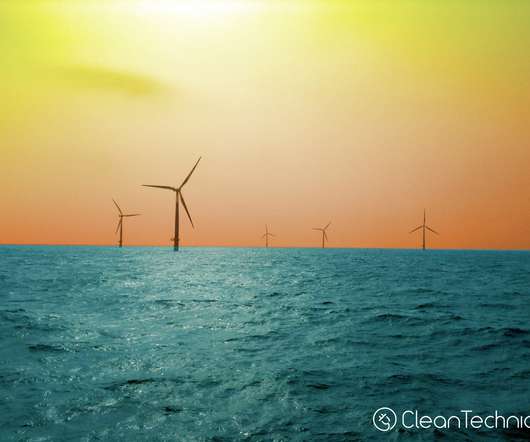






Let's personalize your content